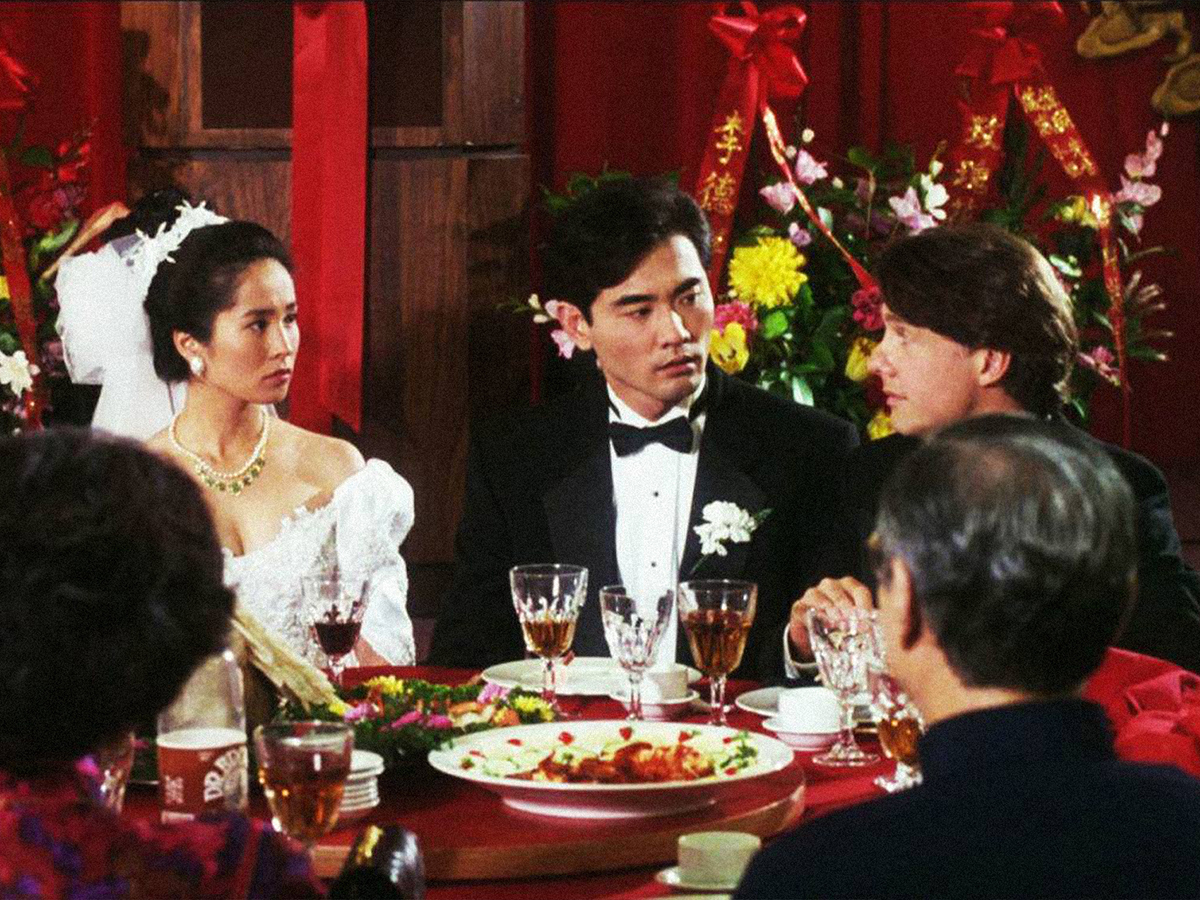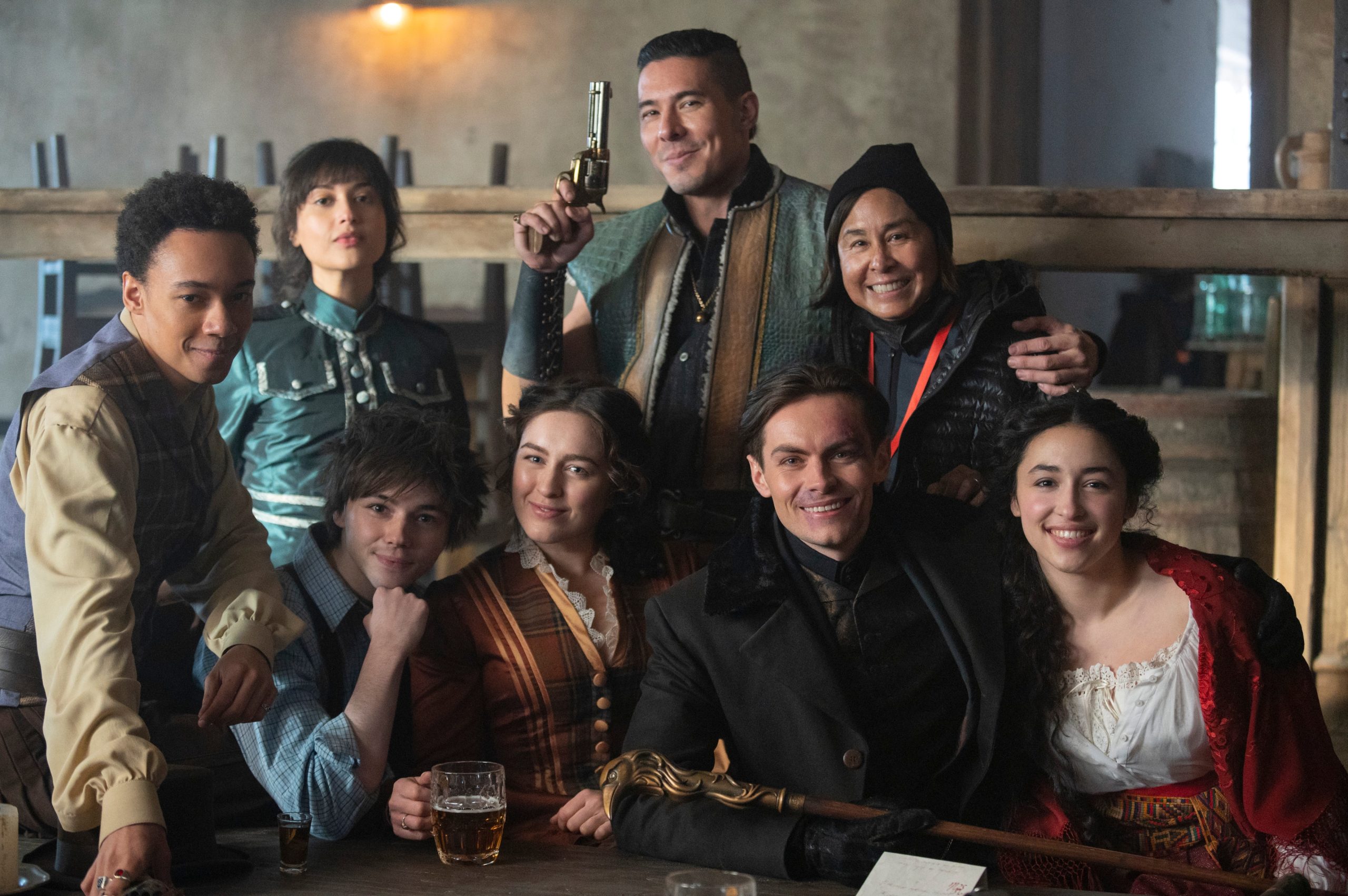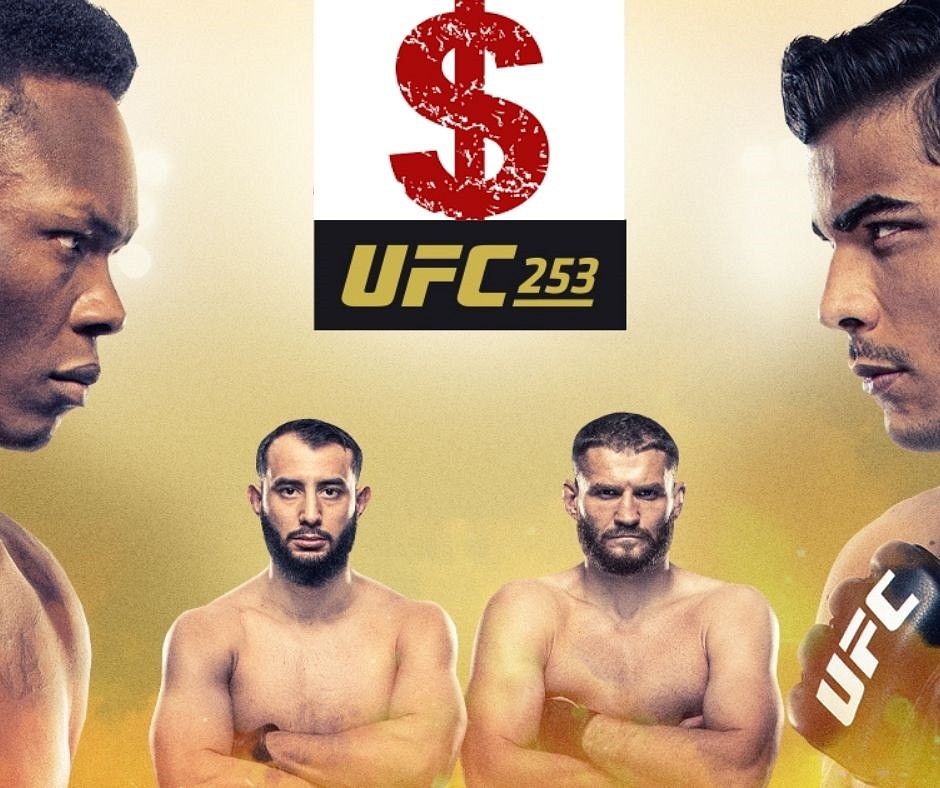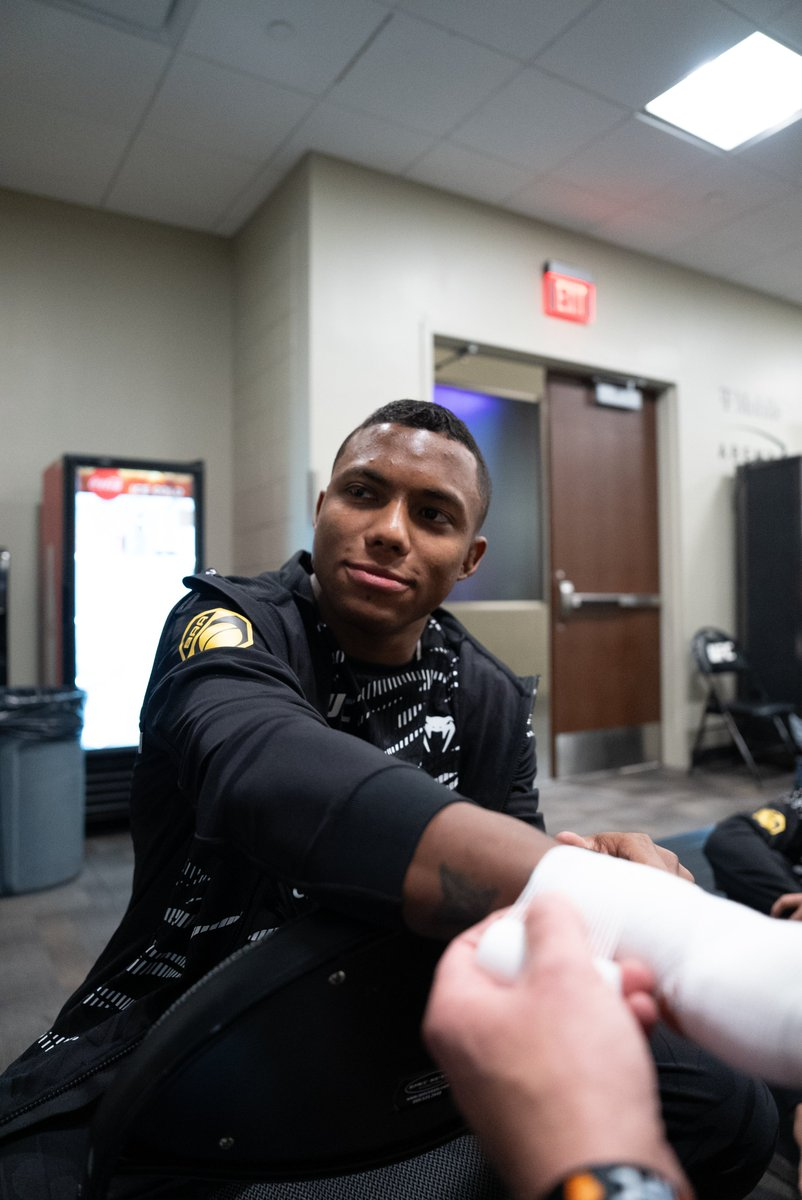The Wedding Banquet: Exploring Queer Asian-American Identity Through Film

Table of Contents
Cultural Expectations and Family Pressure in The Wedding Banquet
The Wedding Banquet masterfully depicts the immense societal pressures faced by gay Asian-Americans, particularly concerning family expectations surrounding marriage. Traditional Asian cultures often place significant emphasis on marriage and the continuation of the family lineage. For LGBTQ+ individuals, this creates a unique and often agonizing conflict.
- The pressure to marry and produce heirs: The film centers around Wei-Tung, a gay man living in New York, who is pressured by his traditional Chinese parents to marry a woman to maintain "face" and fulfill their expectations of a grandchild.
- The shame associated with homosexuality within some Asian communities: Homosexuality is often viewed as a source of shame and dishonor, leading many queer individuals to hide their true identities from their families. This secrecy is a central element of Wei-Tung's experience.
- The complexities of navigating filial piety and personal desires: Filial piety, a cornerstone of many Asian cultures, demands respect and obedience towards elders. This creates a profound internal conflict for Wei-Tung, caught between his love for his parents and his desire to live authentically.
The film vividly illustrates these pressures through scenes like the parents' arrival in New York and their relentless pursuit of finding a suitable bride for their son. These moments highlight the emotional toll of these expectations on both Wei-Tung and his family.
Performance of Identity and Deception in The Wedding Banquet
A significant theme in The Wedding Banquet is the performance of heterosexuality. To appease his parents, Wei-Tung creates a fabricated relationship with Wai-Mei, a fellow immigrant. This deception is not merely a plot device but a reflection of the systemic pressures that force many queer individuals to conceal their true identities.
- The film's use of irony and satire to highlight this performance: Ang Lee uses humor and irony to expose the absurdity of Wei-Tung's situation, highlighting the societal expectations that compel such performances.
- The emotional toll of maintaining a false identity: The film subtly but powerfully shows the emotional cost of living a lie, the constant tension and fear of exposure.
- The impact on Wei-Tung's relationship with his parents and Wai-Mei: Wei-Tung's deception significantly affects his relationships, creating a web of complicated emotions and misunderstandings.
The consequences of this deception unfold throughout the narrative, culminating in moments of both heartbreaking honesty and surprising acceptance.
Negotiating Identity Between Cultures in The Wedding Banquet
The Wedding Banquet masterfully explores the intersection of Chinese and American cultures, examining how this intersection shapes the characters' identities. Wei-Tung's experience is emblematic of the immigrant experience, navigating a complex negotiation between traditional values and Western liberalism.
- The clash between traditional Chinese values and Western liberalism: The film showcases the stark differences between the traditional expectations of Wei-Tung's parents and the relative freedoms afforded in American society.
- Wei-Tung's internal struggle to reconcile these cultural differences: Wei-Tung's internal conflict mirrors the broader challenges faced by many first- and second-generation Asian-Americans.
- How the film portrays the complexities of immigrant experiences: The film's portrayal of immigration highlights both the opportunities and the challenges faced by those navigating a new culture while holding onto their heritage.
The film's use of location—from the bustling streets of New York to the more traditional setting of Wei-Tung's parents' home—visually represents this cultural negotiation.
The Role of Humor and Irony in Addressing Sensitive Issues
Ang Lee's genius lies in his ability to use humor and irony to address incredibly sensitive topics. This approach makes the film both accessible and deeply thought-provoking, allowing audiences to engage with the complexities of queer Asian-American experiences without feeling overwhelmed.
- Examples of humor used to alleviate tension and convey deeper meaning: The film is filled with witty dialogue and comedic situations that serve to defuse tension and highlight the absurdity of the situations.
- The effectiveness of the comedic elements in tackling sensitive topics: The humor acts as a crucial tool, making it possible to discuss sensitive themes of cultural expectations and sexual identity in a way that is both engaging and insightful.
- How humor acts as a coping mechanism for the characters: Humor is a survival mechanism for the characters, allowing them to navigate difficult situations with a blend of wit and resilience.
The Wedding Banquet's Lasting Legacy and Relevance Today
The Wedding Banquet remains profoundly relevant today. Its exploration of queer Asian-American identity continues to resonate with audiences, sparking important conversations about representation, cultural assimilation, and the challenges of navigating intersecting identities.
- The film's impact on LGBTQ+ representation in cinema: The film played a pivotal role in bringing queer Asian-American stories to the forefront of cinematic representation.
- Its contribution to conversations about cultural assimilation and identity: The film fosters crucial dialogues regarding the complexities of integrating into a new culture while retaining one's cultural heritage.
- The ongoing relevance of the themes explored in the film: The themes of family pressure, cultural expectations, and the struggle for self-acceptance remain timely and universally relatable, even decades after the film's release.
The film’s message continues to speak to current audiences grappling with similar issues, demonstrating its lasting legacy in shaping our understanding of queer Asian-American experiences.
Conclusion
The Wedding Banquet offers a powerful and insightful portrayal of queer Asian-American identity. Through a blend of humor, pathos, and insightful storytelling, Ang Lee masterfully explores the complexities of cultural expectations, the performance of identity, and the challenges of navigating a world where personal desires often clash with familial and cultural pressures. The film's lasting impact lies in its ability to illuminate the lived experiences of queer Asian-Americans, fostering a greater understanding of their unique challenges and triumphs. Watch or rewatch The Wedding Banquet and engage in further discussions on this powerful film. Explore additional resources on "queer Asian-American cinema," "LGBTQ+ Asian representation," and find in-depth "The Wedding Banquet analysis" to deepen your understanding of this crucial work in cinematic representation. Let's continue the conversation about The Wedding Banquet and its enduring exploration of queer Asian-American identity.

Featured Posts
-
 Nyt Mini Crossword Solution March 5 2025
May 18, 2025
Nyt Mini Crossword Solution March 5 2025
May 18, 2025 -
 Angels Stars Family Health Issues Cast Shadow On Offseason
May 18, 2025
Angels Stars Family Health Issues Cast Shadow On Offseason
May 18, 2025 -
 Where To Play Best Bitcoin Casinos For 2025 And Beyond
May 18, 2025
Where To Play Best Bitcoin Casinos For 2025 And Beyond
May 18, 2025 -
 Uber Expands Pet Friendly Rides In Delhi And Mumbai With Heads Up For Tails
May 18, 2025
Uber Expands Pet Friendly Rides In Delhi And Mumbai With Heads Up For Tails
May 18, 2025 -
 Find Top No Deposit Casino Bonuses In March 2025
May 18, 2025
Find Top No Deposit Casino Bonuses In March 2025
May 18, 2025
Latest Posts
-
 Santos Ufc 313 Strategy Knockout Win For 50 000 Diaper Fund
May 19, 2025
Santos Ufc 313 Strategy Knockout Win For 50 000 Diaper Fund
May 19, 2025 -
 Mairon Santos Claims Ufc 313 Victory A Re Examination Of The Fight
May 19, 2025
Mairon Santos Claims Ufc 313 Victory A Re Examination Of The Fight
May 19, 2025 -
 Mairon Santos Aims For Knockout At Ufc 313 50 K Diaper Fund On The Line
May 19, 2025
Mairon Santos Aims For Knockout At Ufc 313 50 K Diaper Fund On The Line
May 19, 2025 -
 Mairon Santos Vs Francis Marshall Ufc 313 Controversy Revisited
May 19, 2025
Mairon Santos Vs Francis Marshall Ufc 313 Controversy Revisited
May 19, 2025 -
 Ufc Vegas 106 Betting Preview Burns Morales And More Fight Predictions
May 19, 2025
Ufc Vegas 106 Betting Preview Burns Morales And More Fight Predictions
May 19, 2025
